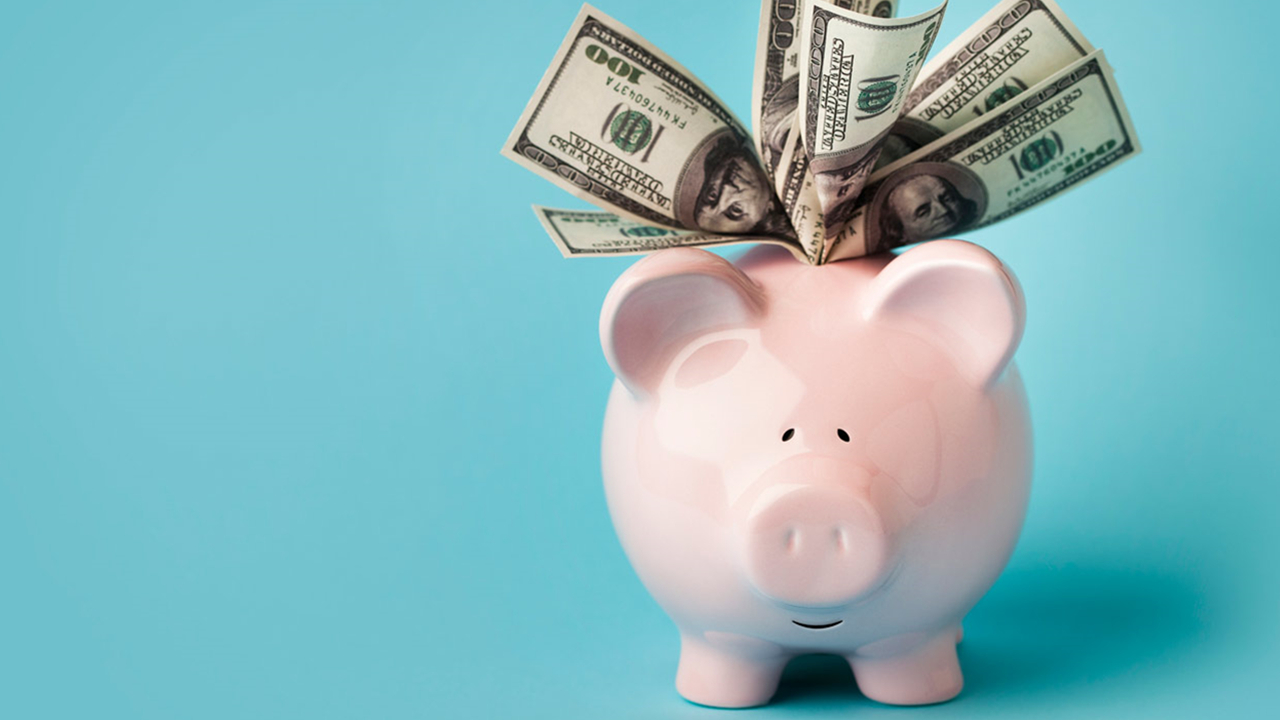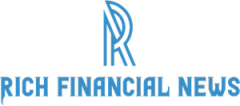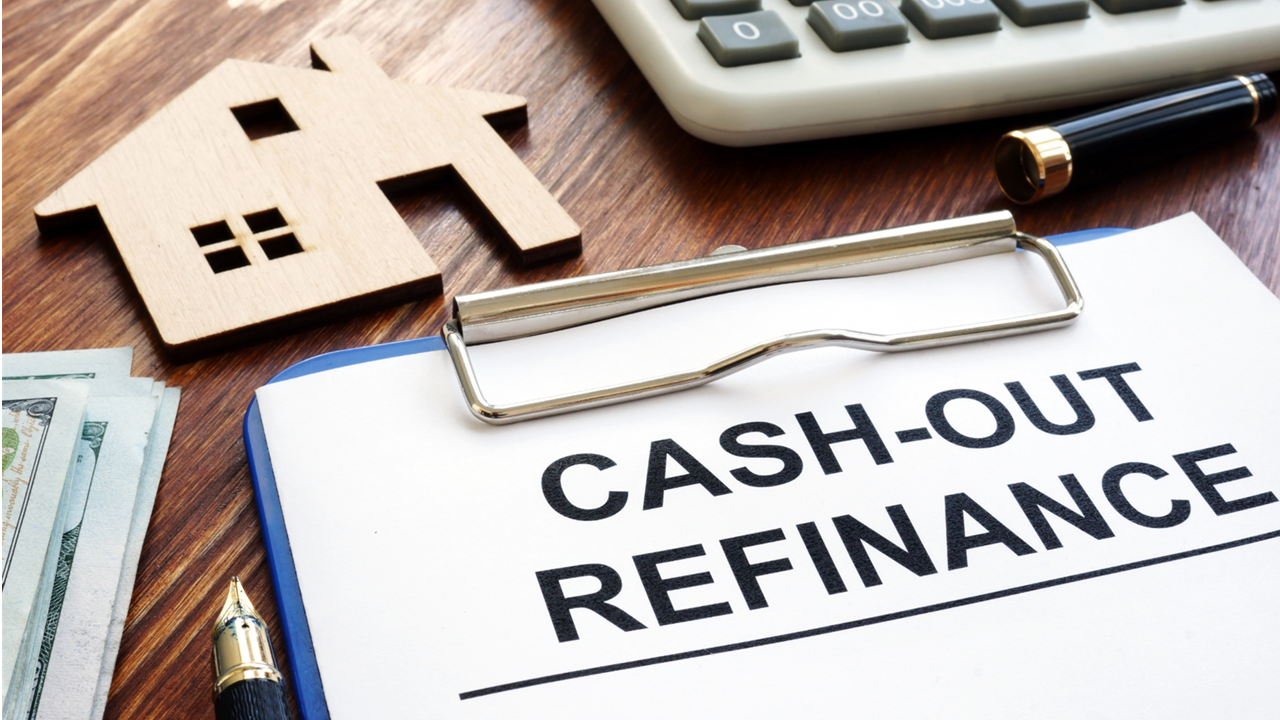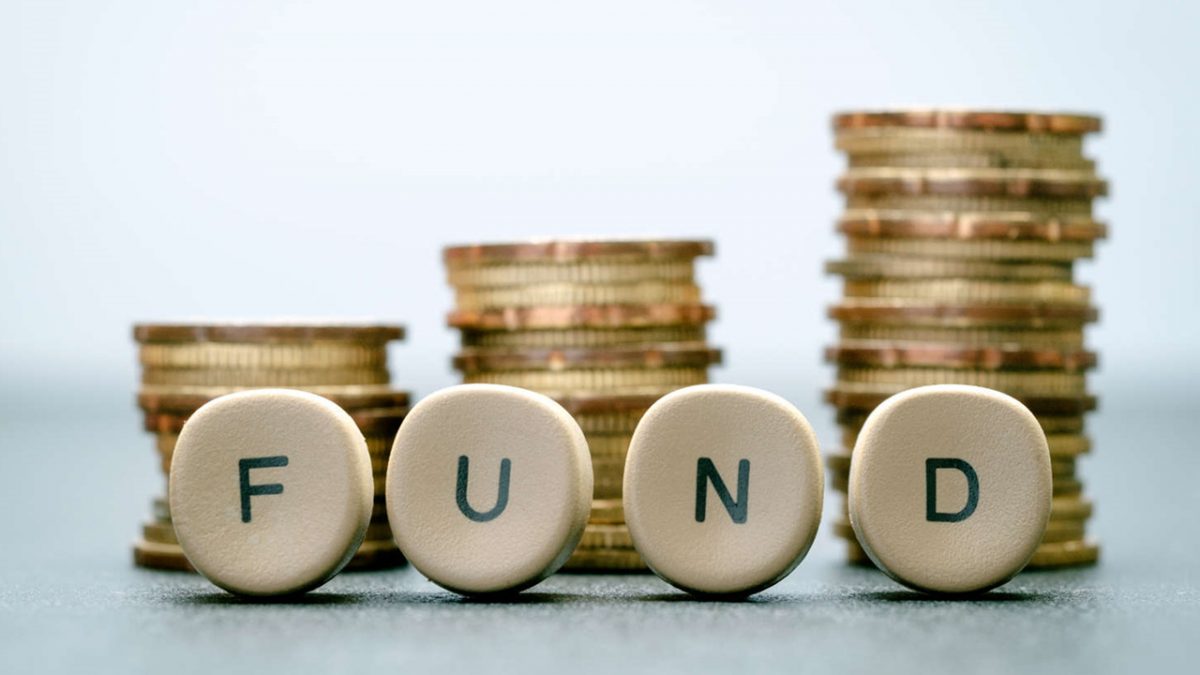Having some extra money left over at the end of the month right before the next paycheck is something to be proud of. Knowing how to use that extra money is equally important.
What most people fail to think about is making an emergency fund. Having 2-3 months’ worth of expenses sitting into a checking account is the very first thing that everyone should do. Having an emergency fund even takes priority over paying off your debt early.
On the other hand, if you already have an emergency fund, maybe you should think about paying off your debt. Effective money management also includes reducing debt. The best way to go about it is to pay your smallest debt first. Once paid, those monthly payments that have been eliminated will mean even more extra cash that can be used to pay off other debt.

Lastly, excess money should always be invested. Once you got rid of your credit cards, personal loans, car loans, you can start investing that extra money. You do not need to pay off your mortgage before you start investing. Keep in mind that investing can mean a bunch of different things. It can mean investing in real estate, the stock market or even starting a business.

For the stock market, it is better to not gamble and invest in healthy companies that have a proven track record to survive in dire economic conditions. An index fund would be a great place to start with since they follow the economy and can yield an average yearly growth of 10%.
Investing can be done through a Roth IRA or a 401K. Both have advantages in terms of taxation but also some disadvantages depending on how and when you plan to start spending from one of these two types of retirement accounts. It is better to do some due diligence and understand how these two investment instruments work before committing to either of them. Proper money management requires a bit of research and there are plenty of competent folks that can explain how a Roth IRA and a 401K work.




